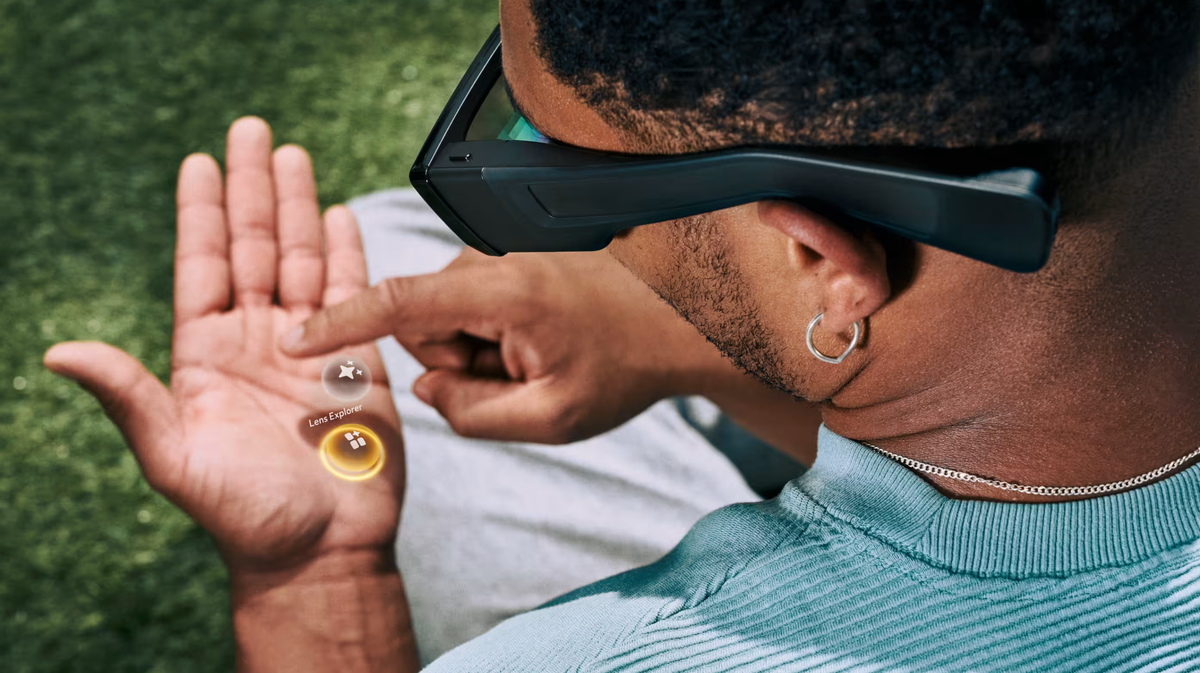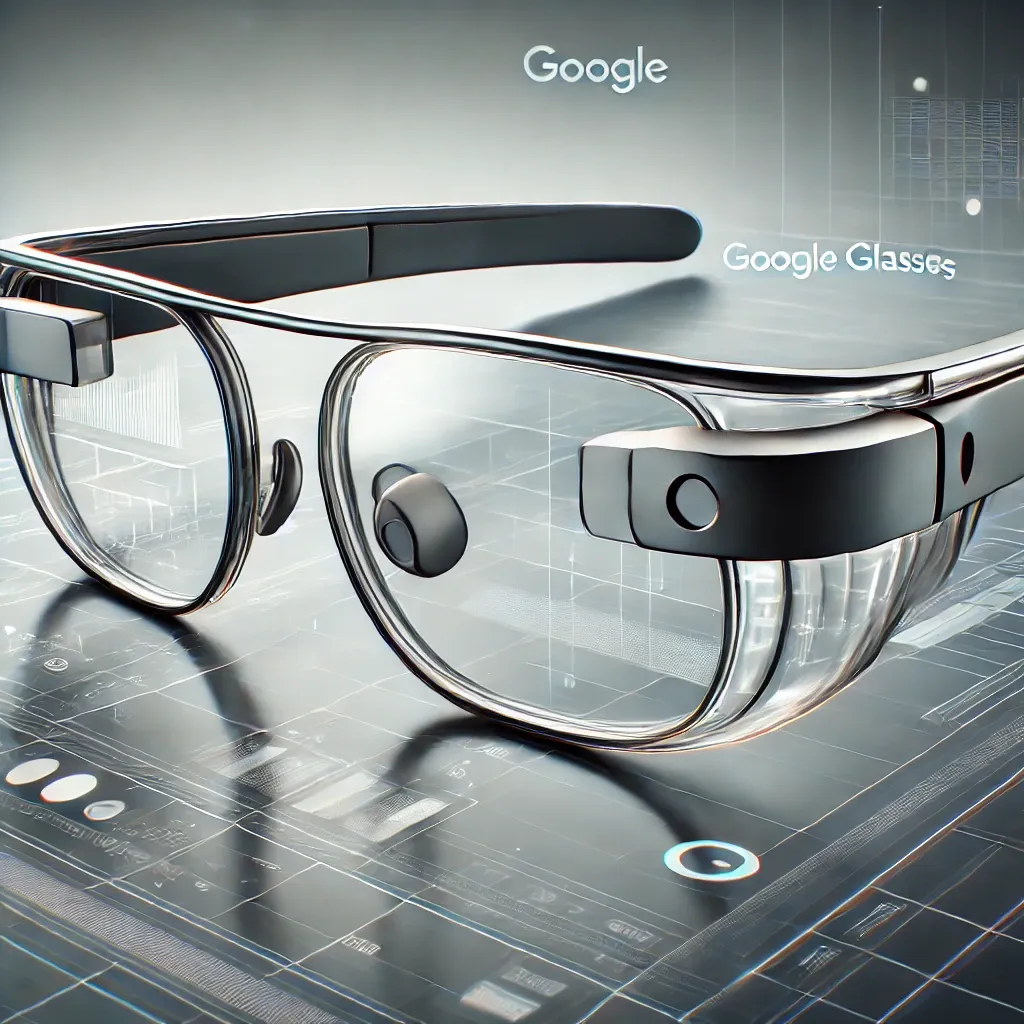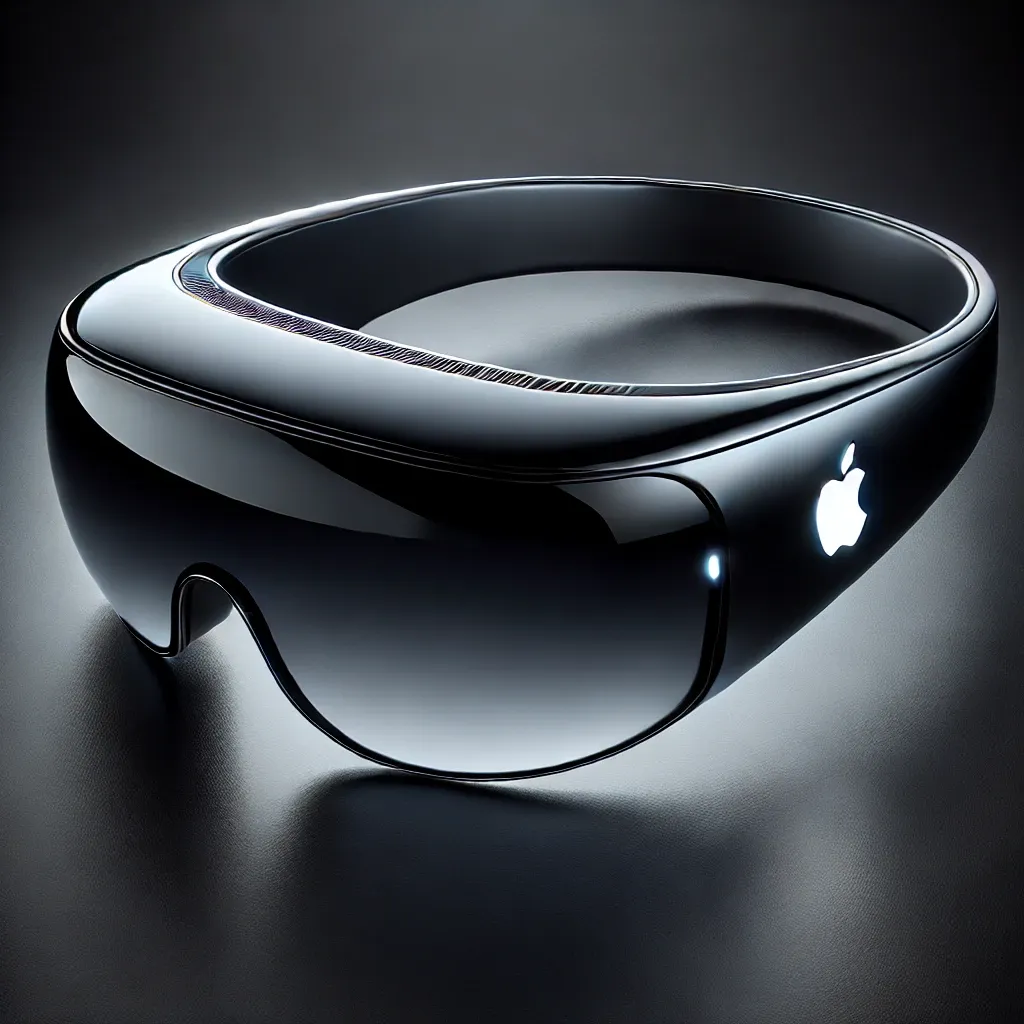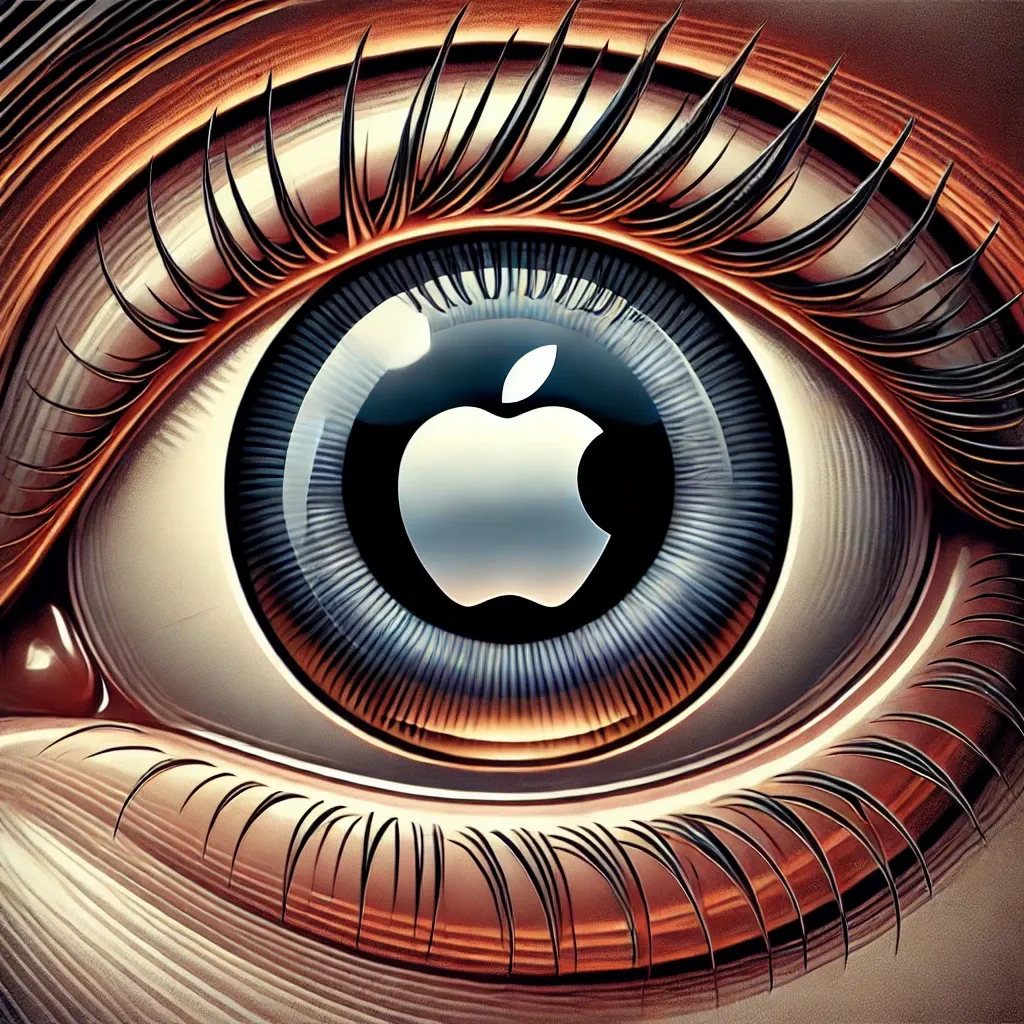Google Glasses: Normal Edition
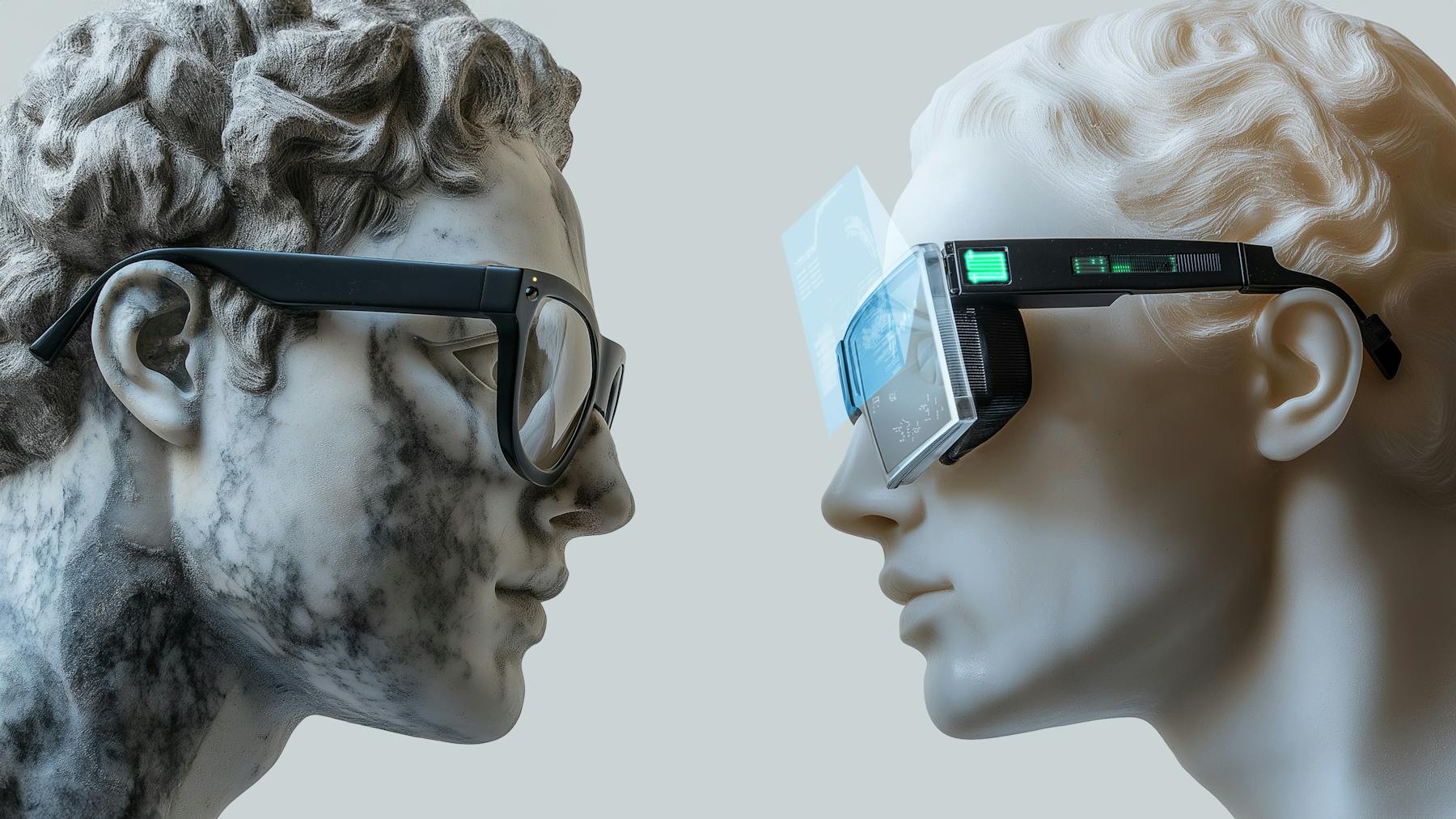
Since it feels like I've exhausted the Snap/Meta/Apple angles on XR face wearables, what's Google up to?
Earlier this year, Google staffers began pitching their counterparts at Samsung—a longtime Google hardware partner—on an idea for a new collaboration between the companies: high-tech glasses.
At the time, another big tech company, Meta Platforms, was starting to see success from its own Ray-Ban smart glasses, which allowed people to record video and listen to music. The artificial intelligence boom had sparked even more excitement about the category, with Meta and others seeing smart glasses as a natural fit for the technology. Google wanted in.
First, though, the Google staffers had to get Samsung on board, along with Google CEO Sundar Pichai and other higher-ups from the search giant. The staffers created a video that showed how people wearing Google smart glasses could access the company’s AI agent on them, according to a person with knowledge of the situation. Google and Samsung ultimately greenlit the effort, another person with knowledge said.
The fact that Google and Samsung were going down the smart glasses path was already known since, um, no less than Qualcomm CEO Cristiano Amon confirmed it to CNBC on the record last month. It's still not clear if this was just him speaking out of turn or if there was some other calculation in the leak – maybe he was upset that Meta is apparently going with MediaTek to create their custom chips for the "Orion" AR glasses? (Though Qualcomm does make the chips for the Ray-Ban smart glasses.) But there are some other fun details in here.
Google didn’t give up on high-tech glasses altogether. Instead, the company decided to focus on just making the software for glasses and headsets, while doubling down on partnerships with hardware companies.
To get those companies interested, Google created several prototypes of high-tech glasses to show off how its software for those types of devices would work. One of the prototypes, code-named Betty, had a monocular display, meaning it could display text and some graphics on the lens for one eye, for example, two people with knowledge of the project said.
The two other glasses prototypes, code-named Barry and Mary, had a binocular display. The variety of options would address the different glasses companies might want to pursue.
As fun as a Google smart monocle would be, it's probably a better approach to go with something tried and true – like, you know, glasses. What's strange is unlike the Meta partnership where Ray-Ban, a leader in said space, is creating them in a tried and true way, Google is doing this with Samsung. The company best known for making big ass phones. Or washers and dryers. The closest thing I could find was their 3D TV glasses. That would be a lewk.
Putting AR into glasses adds significant weight to the devices and causes them to generate more heat, which can be uncomfortable for the people who wear them. Snap recently demonstrated a pair of AR glasses that weighed a hefty 226 grams. Meanwhile, Zuckerberg last week showed a prototype of AR glasses, known as Orion, that weighed 98 grams (Meta was able to achieve the lighter weight partly by shifting some of its computing tasks to a secondary device that you put in your pocket).
In contrast, Meta’s Ray-Bans, which don’t have AR capabilities, weigh 50 grams, which makes it easier for people to wear them for long periods of time. Opponents of AR glasses at Google felt that a pair weighing more than 60 grams wouldn’t be successful, two people with knowledge of their thinking said.
I hadn't seen all the various weights lined up so nicely. Just to make it even easier to parse, here are the weights of the various players in the space, with a few I'm adding in for reference:
- Apple Vision Pro: 680 grams (not including the battery pack, of course)
- Meta Quest 3: 515 grams
- Meta Quest 3S: 514 grams (yes they literally shaved off 1 gram)
- Snap AR Spectacles: 226 grams
- Meta "Orion" AR Glasses: 98 grams (also not including their "puck")
- Meta Ray-Ban Smart Glasses: 50 grams
- Snap Spectacles (Original Version): 45 grams
- Google Glass: 43 grams
As the last one will make clear, weight isn't everything! But as the first one makes clear: it is a lot – quite literally.
In the end, the simpler approach won out. In meetings with Samsung executives early this year, Googlers such as Juston Payne, director of product management, and Shahram Izadi, vice president of AR, made the case that smart glasses were the way to go because those types of glasses were comfortable to wear and more socially acceptable than bulky AR glasses, one of the people said.
Still, even after it became clear that Google and Samsung would pursue smart glasses, some staffers believed the company should focus on AR. Some people in tech view AR as the next big paradigm shift in the business, one that could eventually replace smartphones.
A few months ago, there was a report that Google was pushing back a more fully functioning AR headset into next year at the earliest. As I wrote at the time:
Pushing back a device that isn't ready for prime time, despite seemingly being quite late to this particular game, seems like a good sign (a gameplan Apple probably should have followed). Particularly since it's entirely possible they're not actually late to this game – AR/VR/XR – as Apple is now learning, first-hand. And perhaps Google's previous failures in the space are actually helping them here in that they know they can't launch yet another effort which is doomed to fail.
And:
Glasses, meaning something akin to Meta's Ray-Ban "smart glasses", probably make a lot more sense in the short-term versus the full-fledged headset. Meta is getting a lot of interest and plaudits for their offering – even though it's clearly still pretty rough with regard to the newfangled AI features. Given what Google showed off at I/O with "Project Astra" (a cross between XR and OpenAI's GPT-4o vocal computing demos) and everything they're doing with Gemini, this should probably be the first (well, third or fourth, if you count the false-starts) XR device.
So yeah, Google should probably ship some Samsung sunglasses, like tomorrow. And behind the scenes build up their "Orion" competitor. Don't dick around in the Vision Pro space. If Apple can't make it work, no one is going to make it work.

